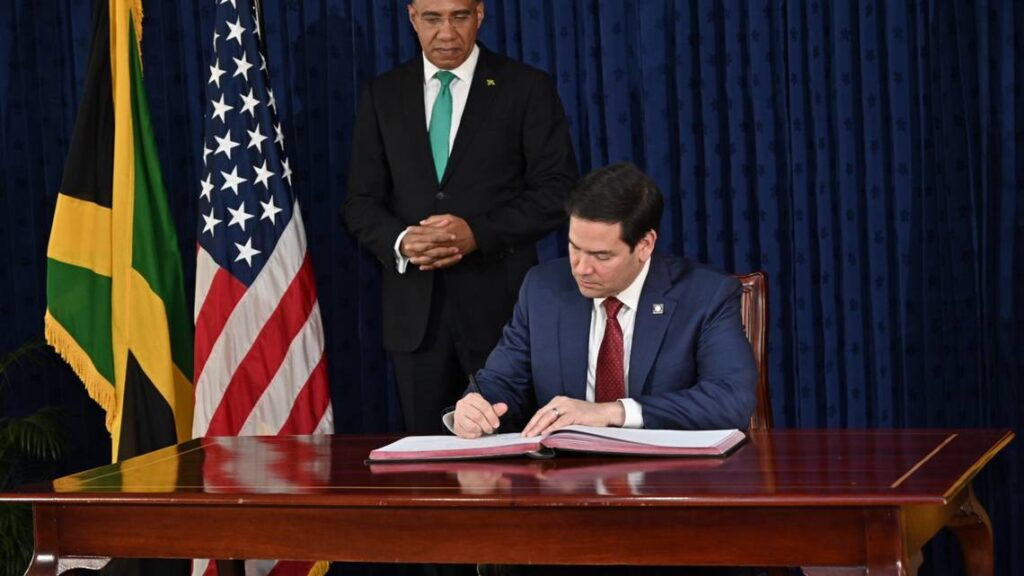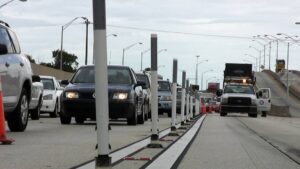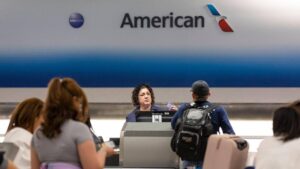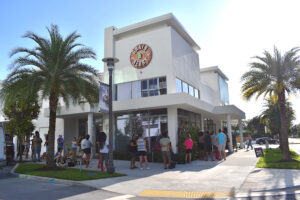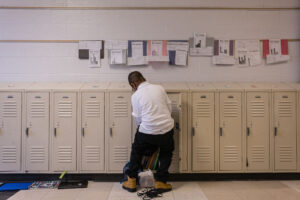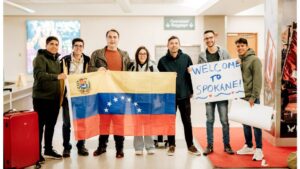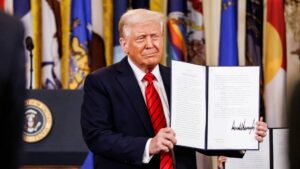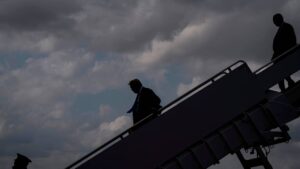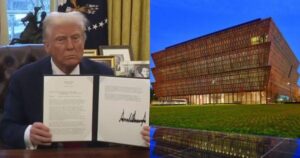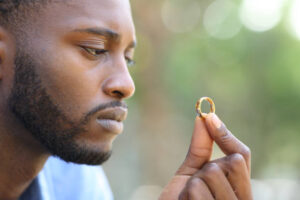Secretary of State Marco Rubio on Wednesday pledged to work with Jamaica on its employment of Cuban doctors who have been an important part of the country’s health system , and to also review the State Department’s travel warning urging Americans to reconsider travel to the Caribbean nation. The pledges were among several Rubio made during high-level talks Wednesday with leaders of several Caribbean countries as he stopped in Jamaica before visiting Guyana and Suriname on Thursday. Washington has threatened visa cancellations over Cuba’s medical brigade, saying governments are participating in human trafficking and forced labor.
The accusations have received push back from Cuba and Caribbean leaders. Jamaica Prime Minister Andrew Holness stood his ground on Wednesday, saying his country has been “very careful not to exploit the Cuban doctors who are here. We ensure that they are treated within our labor laws and benefit like any other worker.“ Rubio said he is open to learning more about how Jamaica operates its program. The U.S. believes the program benefits the Cuban regime and not the doctors themselves, who are not paid directly by the countries where they work and have their passports taken from them. “They basically operate as forced labor in many places,” Rubio said about the doctors who are among 400 Cuban medical professionals in Jamaica’s healthcare system. “Now, there are places that have better labor standards. Perhaps Jamaica is one of those, and that’s fine.” Rubio said because of the United States’ relationship with Jamaica, “we’re going to engage with them on that and talk about it further.”
He also pledged to follow up on the current Level 3 State Department travel warning for Jamaica, which tells Americans to “reconsider travel” there. The warning was issued in January of last year and Jamaica officials say it has had a negative effect. Though the country received about 3.5 million stay over and cruise visitors from the U.S. last year, officials believe the number would be higher, if not for the travel advisory. Rubio said he will “go back and re-evaluate the travel advisories as they currently stand to ensure that they do reflect the reality of the new numbers, what the numbers show.” U.S. citizens wishing to visit Jamaica are warned that they should exercise increased caution due to violent crime that occurs throughout Jamaica. But the State Department also says that tourist areas generally see lower rates of violent crime than other parts of the country. In February, the country recorded 47 murders, its lowest monthly homicide tally in 25 years, according to the government.
Compared to 2024, the murder rate was down 35%, the government said at the time of the announcement. “You’ve made very impressive progress in your general numbers overall when it comes to the murder rate and so forth,” Rubio said. “And I think we need to analyze that and just ensure that the status we’re currently in accurately reflects the status quo and takes into account the progress you’ve already made this year and made last year, year over year, which I think is one of the highest numbers in terms of reductions that we’ve seen of any country in the region.” Holness said he and Rubio addressed several critical areas of cooperation during their discussion, including security. Jamaica affirmed its commitment to enhancing cooperation in combating transnational crime and the “global war on gangs.”
“The United States has been instrumental in supporting Jamaica’s efforts to bolster its marine domain awareness and intelligence surveillance capabilities, which are crucial in our fight against organized criminal networks,” he said. Rubio repeatedly complimented Jamaica and cited it as an example of good relations with an ally. “The United States wants to ensure that when countries are cooperative and work with us and partner with us and constantly seek ways to engage us, that that leads to positive results and outcomes,” he said. The Trump administration has come under heavy criticism for a number of foreign-policy initiatives, which have raised concerns globally. Many of them have to do with cuts to U.S. foreign assistance. The U.S, Rubio said, is not getting out of the aid business but realigning foreign aid. In his meetings with the leaders of Trinidad and Barbados, Rubio also agreed to review aid cuts to the U.S. National Oceanic and Atmospheric Administration, which regional leaders say will have negative effects during hurricane season.
Rubio’s openness to hearing leaders out was welcomed, sources said. This was especially true in the meeting with Barbados Prime Minister Mia Mottley, who as chair of the 15-member Caribbean Community bloc known as CARICOM was tasked with raising a number of concerns. Among them is the possibility that four Eastern Caribbean nations which allow foreigners to obtain passports by investing in their countries could have their nationals banned from visiting the United States. The countries, which have Citizenship by Investment programs, are among 43 nations the administration is considering adding to an expanded travel ban. Haiti, Cuba and Venezuela are also being considered. In the case of the Eastern Caribbean nations, they would have a chance to get off the ban list by addressing the administration’s concerns. Rubio expressed a willingness to meet with those Eastern Caribbean nations sometime in the spring.
Read more at: https://www.miamiherald.com/news/nation-world/world/americas/article302886374.html#storylink=cpy

